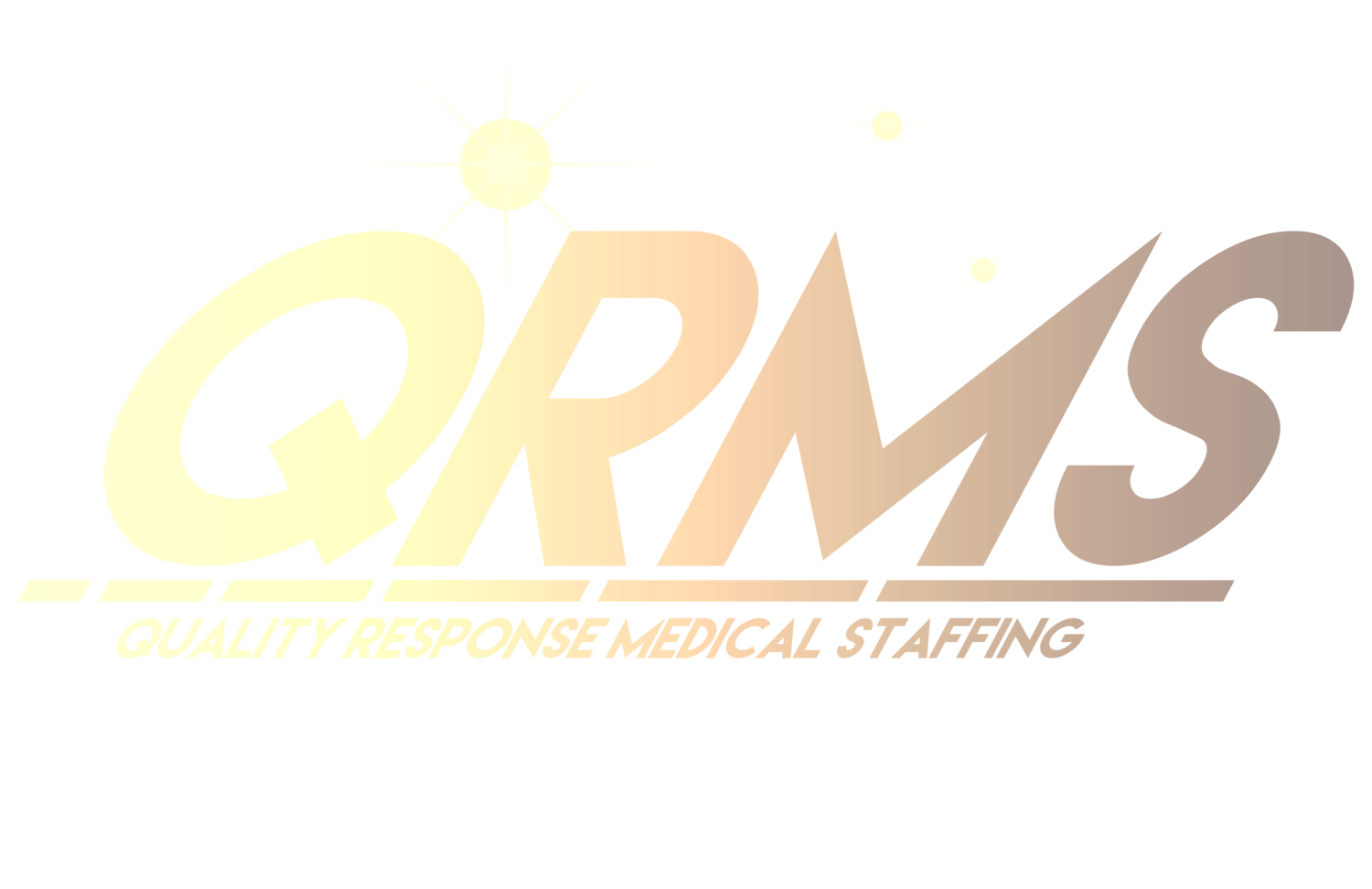Why a Good Laugh Is Good for You
Laughter is often called the best medicine, and for good reason. Whether it’s a hearty chuckle from a funny movie or shared moments of joy with friends, laughter has a way of making us feel lighter and happier. But its benefits extend far beyond momentary pleasure. Scientific research has revealed that laughter has numerous physical, psychological, and social advantages. Here’s a closer look at why laughter is so beneficial:
1. Physical Health Benefits
Laughter doesn’t just lift your spirits; it actually benefits your body in tangible ways. When you laugh, several physiological changes occur, leading to positive health outcomes.
Boosts Immune System: Laughter has been shown to reduce stress hormones and increase immune cells and infection-fighting antibodies, improving your resistance to illness. Frequent laughter helps maintain a strong immune system, which means you may get sick less often.
Relieves Pain: Laughter triggers the release of endorphins, the body’s natural painkillers. These feel-good chemicals can help alleviate both physical and emotional pain, providing a natural form of relief.
Improves Cardiovascular Health: Laughter increases your heart rate and blood circulation, which can improve your cardiovascular health. It’s almost like a mini-workout for your heart! Regular bouts of laughter can lower blood pressure and reduce the risk of heart disease.
Relaxes Muscles: After a good laugh, your muscles relax for up to 45 minutes. Laughter reduces muscle tension, which can help relieve physical symptoms of stress or anxiety.
2. Mental Health Benefits
The psychological impact of laughter is profound, especially in managing mental health. A good laugh can improve your outlook on life, make stressful situations more manageable, and enhance overall mental well-being.
Reduces Stress and Anxiety: Laughter reduces the level of cortisol, a stress hormone, in the body. It acts as a natural stress reliever, making you feel more relaxed and less anxious. This is particularly important for individuals dealing with chronic stress or anxiety disorders.
Boosts Mood and Resilience: Laughter triggers the brain to release serotonin, which acts as a natural antidepressant. It can elevate your mood, combat feelings of depression, and increase emotional resilience, making it easier to handle life's challenges.
Enhances Creativity and Problem-Solving: Laughter can shift your perspective, helping you approach problems with a more open, creative mindset. This lighter outlook can make you more innovative and better able to think outside the box.
3. Social Benefits
Humans are inherently social creatures, and laughter plays a key role in building and maintaining relationships. Shared laughter strengthens bonds and fosters a sense of connection and belonging.
Strengthens Relationships: Laughing together fosters closeness and improves relationships. Whether with family, friends, or coworkers, humor can ease tension, improve communication, and create a sense of shared understanding.
Increases Attractiveness and Approachability: People who laugh often are seen as more approachable and likeable. A good sense of humor makes people more attractive to others, enhancing both personal and professional relationships.
Builds Community and Support: Laughter can create a sense of solidarity and shared joy in social situations. It brings people together, helping form strong, supportive communities that share positive emotions.
4. Emotional Resilience
Laughter allows us to cope with difficult situations by offering a momentary escape from distress. It provides emotional distance and perspective, making challenges seem more manageable.
Coping with Grief and Loss: While it may seem inappropriate at first, laughter can provide a valuable outlet for coping with grief. It doesn't diminish the seriousness of a situation but can help ease emotional pain and promote healing.
Improves Overall Quality of Life: Laughter brings a sense of lightness to life, helping people deal with challenges more effectively. A person who laughs regularly often experiences more joy, leading to a higher overall quality of life.
5. Laughter as a Form of Therapy
Laughter therapy, also known as humor therapy, is increasingly being used in therapeutic settings to help improve patients' well-being. It has been applied in various contexts, including with individuals suffering from chronic illness, mental health disorders, and stress-related conditions.
Laughter Yoga: A growing trend, laughter yoga combines intentional laughter with yoga breathing exercises. The practice is rooted in the idea that the body cannot differentiate between fake and genuine laughter, so even forced laughter can have positive effects on well-being.
Laughter in Medical Settings: Hospitals and care facilities are incorporating laughter as part of patient recovery plans, recognizing its role in reducing pain, improving mood, and promoting healing.
Takeaway
Laughter is much more than a spontaneous reaction to humor—it’s a powerful tool for improving physical health, mental well-being, and social relationships. Whether it’s in response to a funny situation or intentionally introduced through laughter therapy, embracing moments of laughter can significantly enhance your quality of life. So, laugh more, share joy with others, and make the most of life’s lighter moments. After all, it’s good for your mind, body, and soul.

